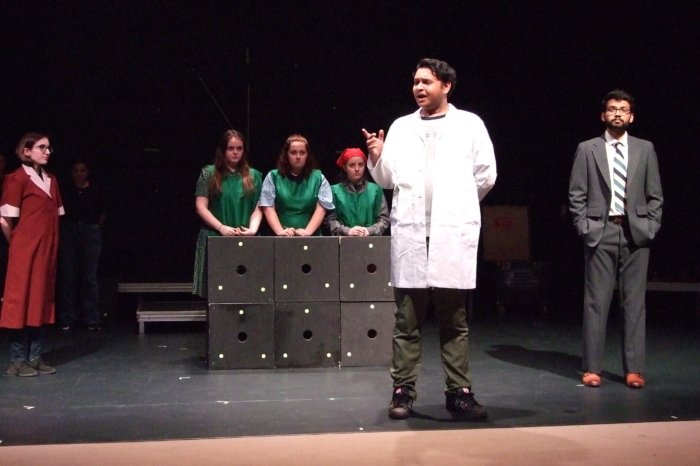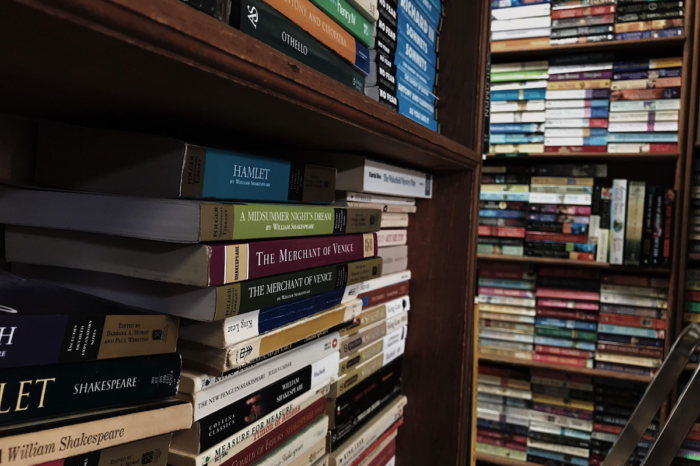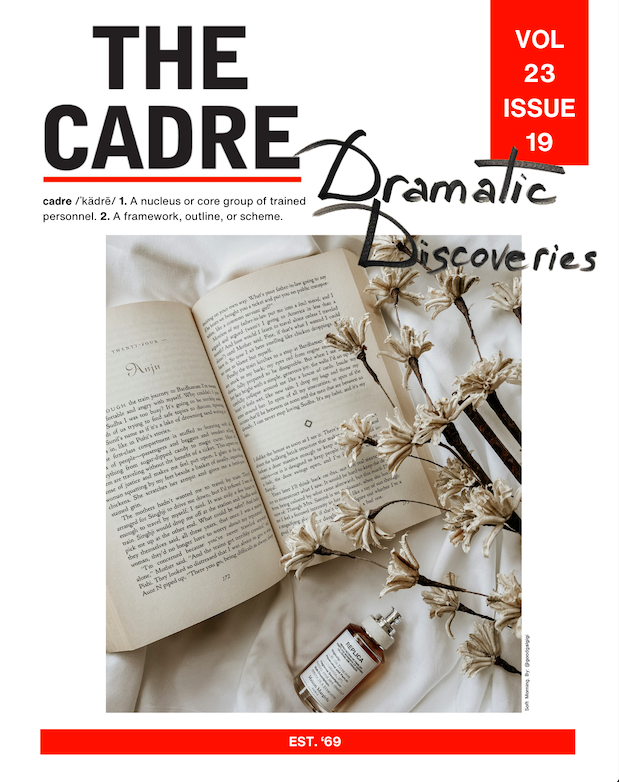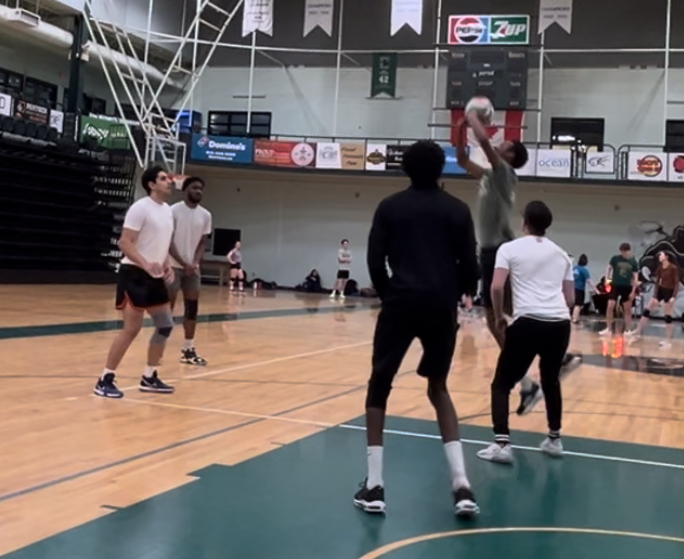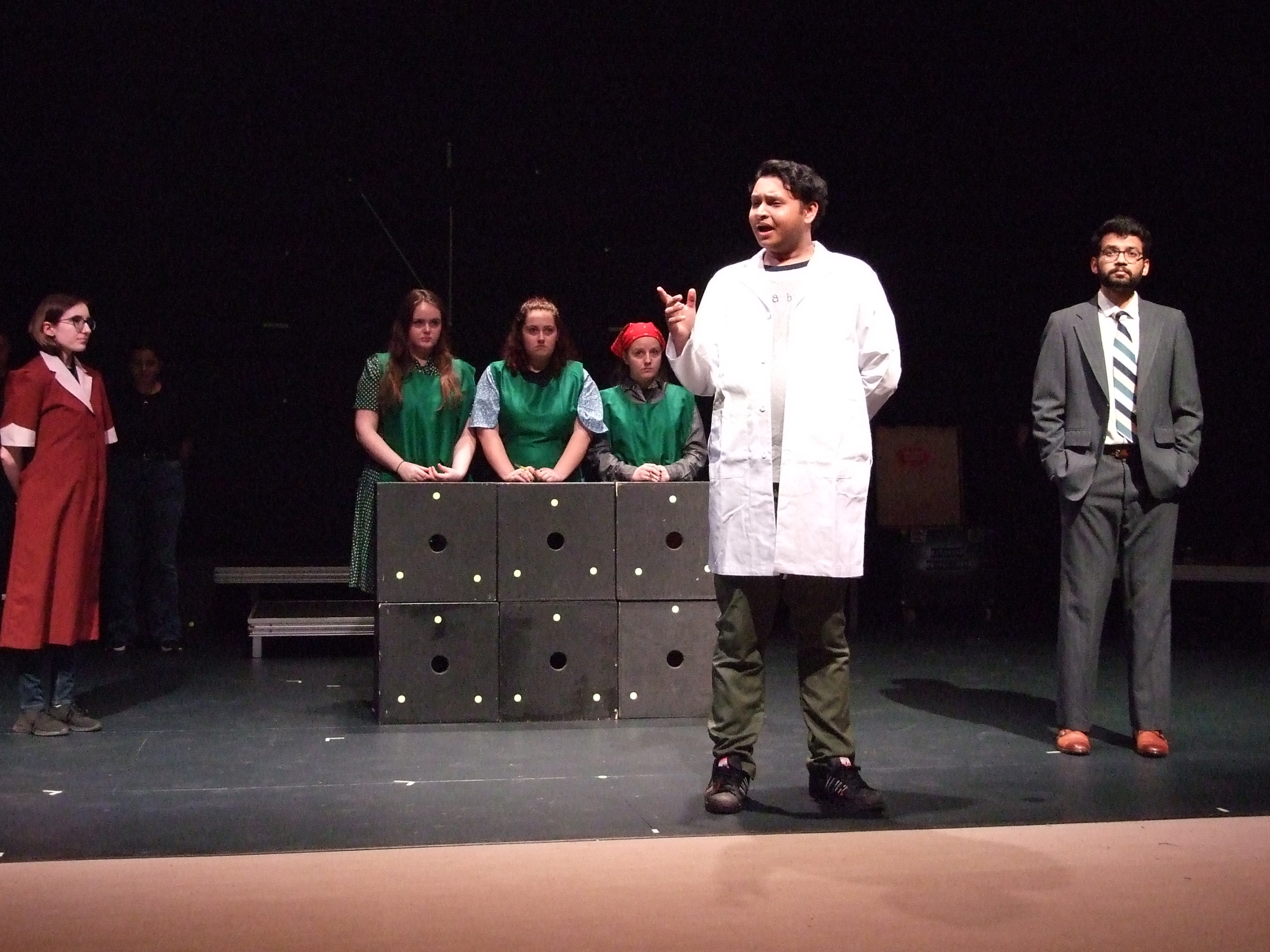By: Chelsea Perry

Campus media is often times the only voice holding colleges and universities accountable for their actions. (Mitrija/Adobe Stock)
“Journalism is a dying industry.â€
Every student journalist has had this drilled into their brains from the start. From well-meaning relatives to cynical college professors, we get told repeatedly that authentic voices are being buried by the weight of “fake news media.†The industry is changing; this is inevitable. Newspapers are fading out in the era of smartphones and quick, accessible information. Journalism is found in 140 character tweets, on your Facebook feed, in those 3 minute NowThisNews videos you inevitably get sucked into watching. Journalism is everywhere.
Last week, the Ford government rolled out tuition changes that jeopardize the future of Ontario student press. Students are now able to easily opt out of non-essential fees. The future of campus media, already operating on shoestring subsidies, is being left in the hands of university administration.
“Going forward, institutions will be required to provide an online opt-out option for all non-essential non-tuition fees,†says a backgrounder published by the Ontario government on Thursday.
Campus media is often times the only voice holding colleges and universities accountable for their actions. We know our campuses. And while some may be quick to say that schools always work in the best interest of students, think again. Schools are businesses, just like any other profit-hunting corporation. Ultimately, they’ll do what they have to do to save a buck, even if accountability goes down the drain.
BuzzFeed recently announced a series of layoffs. 15% of their staff will be cut in the coming weeks. On Friday alone, 43 staffers walked out of the office without their jobs.
BuzzFeed, which employs more than 1,300 people, generated more than $300 million in revenue in 2018, a 15 percent increase from the previous year.
The staff reduction at BuzzFeed News included the seven members of the national desk, the six-person national security team and the two journalists covering health. That is the entirety of the national news desk.
Upon seeing this, any rational human being would run like hell into a more stable career. I almost did. Nursing looked like a pretty reliable option to a kid fresh out of high school who cared about paying rent.
And yet, student journalists are surviving. Not only are they surviving, but they continue to publish groundbreaking work.
Student journalists aren’t wannabes. We aren’t journalists-in-the-making. What we do now matters. Nobody chooses this career hoping to rake in a six-figure salary. We care about accountability. We care about integrity. We care about people.
The moment we stop caring and lose our passion for what we do is the moment we’re done.
To persist in spite of the odds is not naive nor sadistic (though perhaps it feels that way some days).
Journalists know the power of a single story. Whether you work at a small, rural daily or the New York Times, the job carries a tremendous amount of responsibility which can’t be taken lightly.
On Friday, Ryerson’s student paper, The Eyeopener, broke a story confirming that the RSU possessed credit card statements showing food, club, and clothing purchases which totalled $250,000. This included large purchases from LCBO and several lounges.
Here at The Cadre, our writers have provided comprehensive coverage on issues that impact students both provincially and federally. The housing crisis. Cannabis legalization. FOIPP legislation. Cabinet minister gaffs. Sexual violence. Dress code. Student governance. Municipal, provincial, federal, and international politics. We’re everywhere, and we’re quite proud of that.
Journalism is a bit like a kid hitting puberty. They’re going through a state of rapid change. It can be painful to watch and even worse to live through. But you know in the end they’ll make it just fine.
And so will we.

